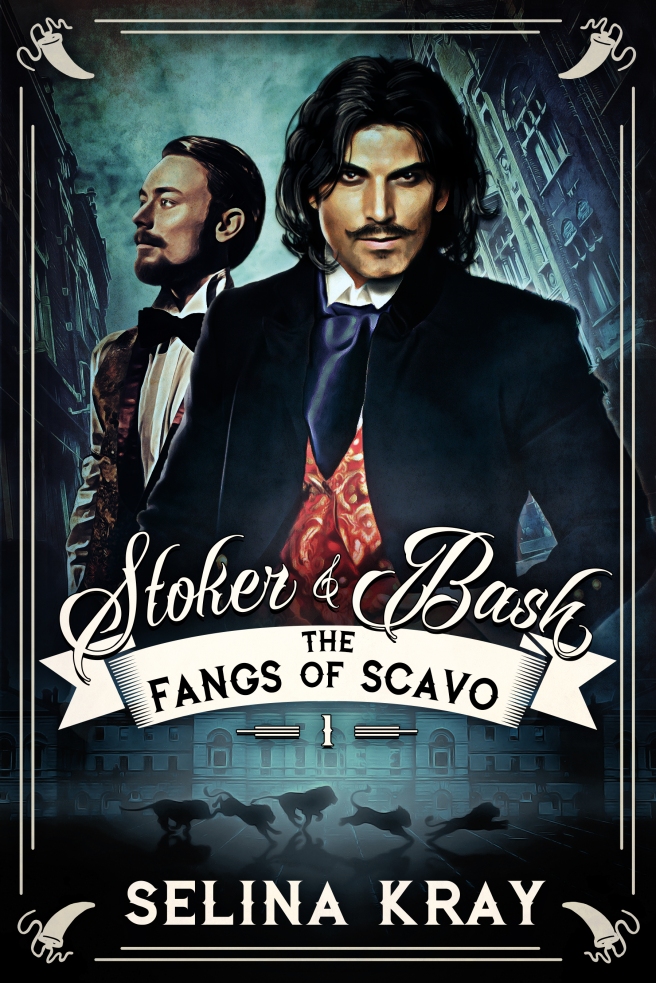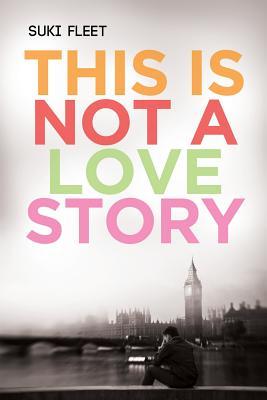WARNING: this post relates specifically to the [redacted] subgenre of romance and the alleged exposure of [redacted name] as a catfish who purported a cancer ridden, heroin addicted bisexual single father of two non existent children for the purpose of economic gain.
People in this “community” will understand the post and although we are happy to provide names in private we’d rather not do so in public for fear of repercussions.
We will be using the word “author” in inverted commas to signify that this is not all authors in this [redacted subgenre]. Likewise we are using inverted commas when using the word “community” (nest of vipers comes to mind as a better descriptor but we’ll keep it simple) to distinguish this particular corner from the larger [redacted] community.
There are many fantastic and honest people in [redacted subgenre] this post is not about them and if anything we do hope they’d feel supported and validated by this post.
DISCLAIMER:
Although we have access to the public material online and we know their handles we do not know who the people in the “whisper” network are and if we did we wouldn’t tell. We do feel their questions are valid and although it would be heartbreaking to learn that this “author” went to such lengths to manipulate cash out of their readership we equally would like to see unequivocal proof that this is not the case.
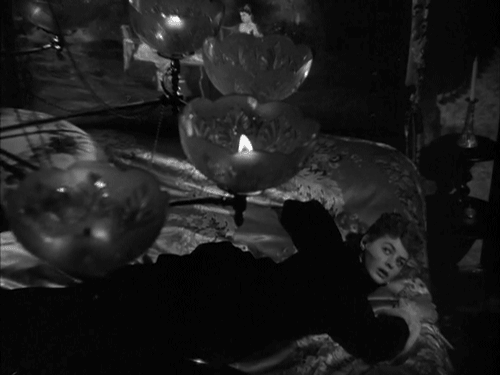
In the last few days the campaign to expose [big name in the subgenre] as a catfish has intensified with some starting questioning said “author”, others weighing in in his favour and a few asking questions on where are the lines when it comes to “author” branding and fraudulent behaviour and between what “authors” owe readers and vice versa.
We would like to address both the catfishing and somewhat more importantly – we would like to explore more this idea of line crossing and “author”/readers relationships.
We shouldn’t, cause it is a well known fact, have to point out that [redacted subgenre] of romance is a very tiny pond with many fish in it all clamoring for attention. Competition is fierce and the audience captive and very actively involved. The subgenre is also prone to regular and periodic dramatic shake ups and toxic behaviours which leave, and have left, many reeling and exhausted and utterly disillusioned by it.
Authors in this subgenre rely heavily on their online presence to promote and sell their wares and on the one hand cultivate a cultish clique of readers while on the other constantly complaining about how readers are their job and how they wish readers would keep their distance.
Some “authors” share intimate, emotional details of their lives thus triggering an intimate,emotional response in their readership while resenting said readership when they ask questions. In this paradox an “author” crosses the line into personal boundaries but blames the attentive reader for it when questions arise.
We have been collecting “authors” posts in this specific “community” on what they tell us they owe readers and what us readers conversely owe them. We have listed them in this handy table for your perusal and comparison
| What “authors” owe readers | What readers owe “authors” |
| A book | Buying the book in eform |
| Buying the book in print | |
| Buying the book in audio | |
| Buy books in series as they come out and not at the end because how dare you put your own budget ahead of their cash flow | |
| Review the book ( POSITIVELY of course, because don’t we know how hard it is to write?) on Goodreads
(It is a dangerous thing in [redc] not to like a book and say so. The self appointed guardians vilify, gaslight and target the more critical reviewers relentlessly |
|
| Review the book ( POSITIVELY of course, because don’t we know how hard it is to write?) on Amazon globally)
(It is a dangerous thing in [redc] not to like a book and say so. The self appointed guardians vilify, gaslight and target the more critical reviewers relentlessly |
|
| Fill their tipping/coffee jars | |
| Join their Patreon for exclusive content and the absolute pleasure of buying their friendship | |
| Always preach to the choir and never ever disagree with them on anything | |
| Crowd fund anthologies | |
| Like their facebook pages and join their closed groups and swear on the heads of our kids never to reveal what’s said in them | |
| Subscribe to their newsletters | |
| Follow them – and engage, but not too much – on Twitter and Tumblr and Snapchat (?) & blogs |
Seems fair right?
As a corollary to the above let us be clear that readers do not expect freebies nor do they expect “authors” to pine in a turret for the sake of their “art”.
In addition all authors are entitled to their privacy, to use a pseudonym and a brand all of which allows them to make a living at being writers without compromising their IRL identities.
How is this a problem, says you? Well it isn’t really, as long as we are all in agreement that a certain level of honesty underlies all of the above. As readers do we need to know what an “author” looks like? Not really, if we love the books we will keep buying and reading whether that “author” is sharing their facial features on line or not.
Do we as readers have a right to know the gender of said “author” or their orientation? Nope and who cares really: throughout the history of literature there are many who had to resort to male pseudonym to gain traction and publish their work. Or they may not want to associate their private lives with their writerly ones: zero issues with this too.
They are entitled to build an online “brand”: sure, personally, we prefer those authors whose quality of work represent their brand but we get the need to grab for attention in a saturated market full to the gills.
So, we hear you all say, what is your problem????
Well, actually, the problem is, for example, the appalling dishonesty which goes hand in hand with presenting yourself as a cancer ridden bisexual single father of two who is battling addiction when you are allegedly not a man, not queer, not ill and not a recovering addict.
We have a problem, for example, when a lady author recently called out for catfishing claimed she IDs as a gay man. One would call these bare faced lies and we cannot be convinced that, as a literary agent recently defended, these are branding, the very fabric of an online persona.
And before you launch into the “we all exaggerate online, we are younger, taller, thinner etc. we all use avatars” argument, the difference is when a pseudonym, a persona claims and states fake information for financial gain: that is not branding, that is, in fact, fraud.
We have an even bigger problem when your fraudulent “brand” involves extreme gaslighting, bullying and the dragging of people who do not blindly follow the party line and emotionally manipulates others to do the dragging on your behalf.
Most and foremost we have a problem with those “authors” you spent years talking to, who’s back you always had and who all of sudden drop you in favour of “branding” . We do realise how childish and mildly idiotic that sounds, dear readers, but we personally did forego the “trust no one on the internet” and in we went trusting and trustworthy and BELIEVED what we were sold.
We regret it, have regretted it for years now. On one hand we wish we had never reached out and on the other can’t because we ended up with some amazing people in our lives but, man, if we could retain the people without having to have anything to do with this particular “brand” we’d gladly go back in time and do so.
So, line crossing then: sure catfishing is an obnoxious thing to do but allow us for a second to go through all the lines that were already crossed and obliterated when it comes to this “brand”, their stans and their enablers.
How appalling behaviour from this “brand” and their cohorts left many of us dealing with being gaslighted and dragged and generally ostracised.
As “authors” and readers the power dynamic is always going to shift heavily towards the “author”: they are at the centre of waves and waves of interest, their word is weighty.
Last year, when one of us stood up for a friend this “brand” called “a fuckin bitch”, no less, for disagreeing with their elitist Patreon, she was shredded, called a dick, a bitch, an animal, a communist (not insulting- because true), ridiculed and effectively expelled from the “community”. Funny thing? She had already lost all or almost all connections with [Redacted subgenre] ,had no idea this slandering was going on behind her back, found out via a fledgling stan who instead of screenshooting a thread accidentally replied to her (tut, tut, maybe vet your bullies?).
But found out she did and it fuckin hurt to see somebody whose back she had always had being the very instigator of this behaviour. She called it out and the supposed friendship ended, with all that entails.
But let’s get back to lines: in that occasion not only was she was vilified by the “brand” and its stans, BUT more importantly by other “authors” in this “brand”’s circle. Other individuals in a position of power supported this appalling behaviour and encouraged it. They used hateful, spiteful language to perpetuate a normalising of violence which would never stand face to face. Their keyboards became battering tools to take down the few voices outside the choir.
In the same vein: it seems perfectly acceptable behaviour for an “author” in a supposedly private conversation to directly insult a reader or fellow author and then allow those in their private circle to access this information. However a reader even suggesting that an “author” is less than they purpote? Name calling, vilification, dragging, gaslighting and ostracism is that reader’s lot. And perversely the “inner circle of readers” are emotionally manipulated, compelled if you will, to take on the bullying on behalf of the “author” in an attempt to retain the “author” confidence and favour. Divide and conquer for the Social Media generation!
More recently the same clique of “authors” and stans took objection to International bloggers complaining of the lack of access to ARCs for review outside of the US. Again one of these “authors” barged into a conversation amongst international bloggers and readers to insult, shot down and condescend. When she was called out the collective response from her clique was to add further insults, condescension and censorship to the issue while suggesting this was a personal attack against specific “authors” and publishers thus robbing agency from a valid concern in the international blogging community and shifting the emotional charge back onto the “author”.
So we are asking isn’t that one too many lines already crossed? Isn’t calling people animals, bitches, dicks, losers, waste of space, doxers, trolls and a plethora of other charming names not crossing a line? Aren’t gaslighting and forced exclusion- expulsion even – crossing a line already? Doesn’t the inequality of the power dynamic here makes a million alarm bells go off in your heads?
Don’t you just laugh hysterically every time one of these “authors” and their cults get on the soap box to lecture on never ever blaming the victims while claiming they want to fight, maim, eliminate their readership when it points out issues and concerns? Don’t they realise that their behaviour is exactly the behaviour of every abuser ever? Or do they operate in such a tight circle jerk that it is impossible to see the trees for the forest?
When we talk about crossing lines let us be conscious that in this particular corner of the [redacted] “community” lines were not only already crossed, readers have had to deal with the fall out of such crossing at largely personal cost for a very long time. This “author”, his followers and his cohorts have been promoting a culture of harassment, verbal violence, isolation, derision and condemnation for some time now. The extent of the emotional manipulation has been constant and so very efficient that the few reader speaking out of the party line have found themselves very alone indeed with many peers refusing to take a stand or ever questioning in fear of repercussion and/or loss of perceived status in their “community”.
Regrettably the fence sitters, the “I see both sides” brigade do as much damage as the actual bullies and abusers: in a power dynamic which weighs heavily in favour of the “authors” and their commercial outfits, silence can be constructed as tacit complicity and furthers the isolation of the bullied who, suddenly, are not only ostracised by the “community” at large but also find that their supposed “friends” have forsaken them.
And here is the crux of the matter: if at any given time all readers who had doubts and concerns had spoken up in an environment free of fear of dire repercussions would things have been different now? Better? Less fraught with verbal violence and a need to deny/prove evidence at all costs?
Is this behaviour cultural? As many of these “authors” are from the United States is the expectation that this lynching mob mentality and profit before ethics is the cultural default of all readers as well?
Since they have started asking questions on the veracity of [redacted name] various claims the “doxers”, whom we’d rather refer to as exposers and/or investigators, have produced concrete plausible proof that this person is a fraud and has used fabricated facts to garner followers and economic gain. They have asked time and again for clarifications on facts that do not match; facts, one might add, which were shared freely and widely by said “author” throughout the years and across multiple social media platforms.
The absurdity of this situation is astonishing: [redacted name] claims his right to privacy by blaming readers for having accepted facts about himself shared by himself.
In the process these readers have suffered and continue to suffer a level of unprecedented abuse from the [redacted] “community” and this has to stop. If defamation is on the table then let’s see proper counter arguments and less “i hope they all die, they are crazy, I am worried about their mental health, they are losers, they are subhuman, I wanna fight them etc.” from people in positions of power whose sole intent seems to be squashing valid questions and keep a firm handle on the revenue stream [redacted name] provides to their commercial outfits.
As for ourselves we have taken a very determined step back from this “community” and from these “authors” for quite some time now and we have long exercised the only power we have over these sorts: we have stopped buying. But we know what it feels like to be bullied and gaslighted and isolated and it is not in our style to remain silent in the face of appalling behaviour.
Francesca, Karen, Miki
PS: we have thought long and hard about this post: in various measures we have all suffered the outcomes of this behaviour, we talk about it often amongst ourselves and have been worried about repercussions. But this post is two years in the making and so here it is.
We encourage and welcome civil and positive engagement but have zero tolerance of trolls and do retain the right to block comments which we deem offensive.
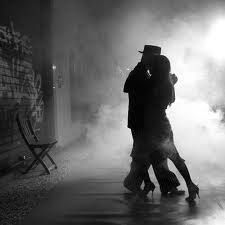
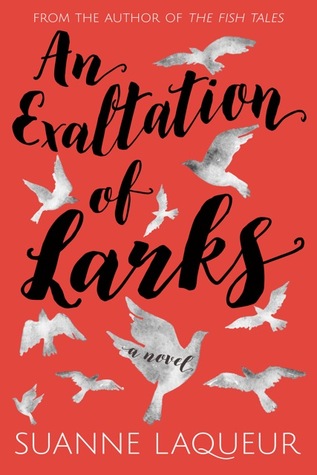
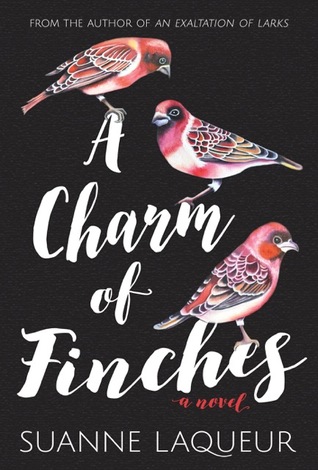
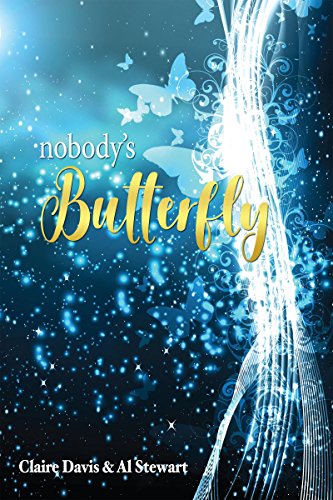
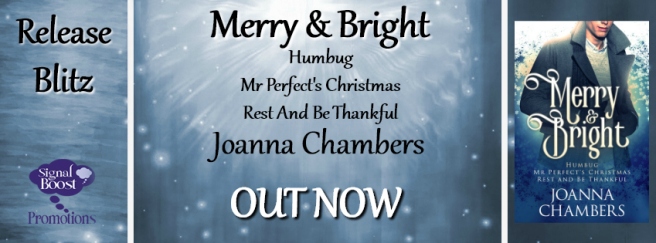
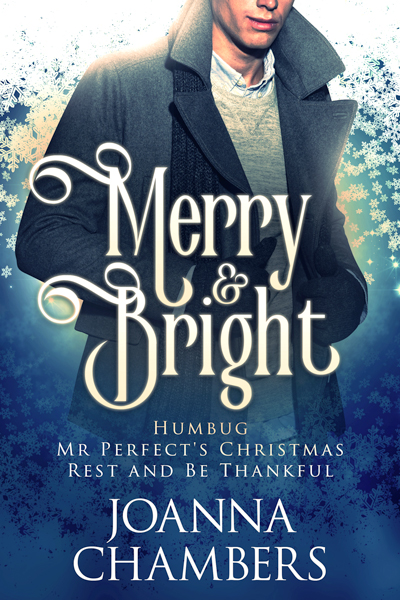

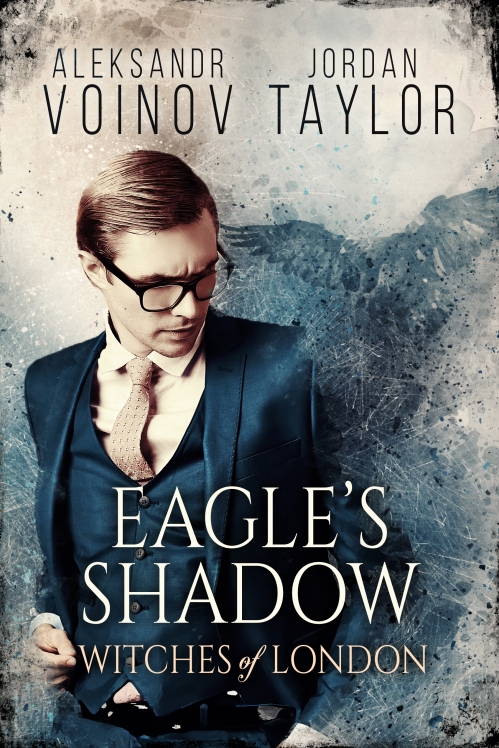 A year has passed since Tom Welsh and Sanders Templeton met. They’ve almost settled into their new home, a historic chateau at the foot of the Swiss Alps, and finally get to spend more time together in peace and quiet … or that was the idea.
A year has passed since Tom Welsh and Sanders Templeton met. They’ve almost settled into their new home, a historic chateau at the foot of the Swiss Alps, and finally get to spend more time together in peace and quiet … or that was the idea.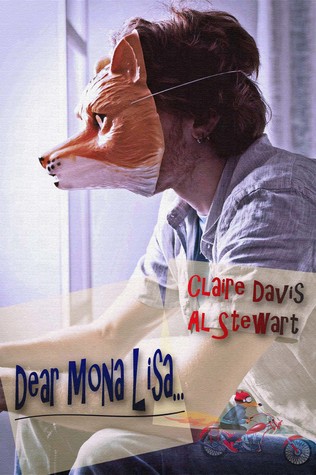
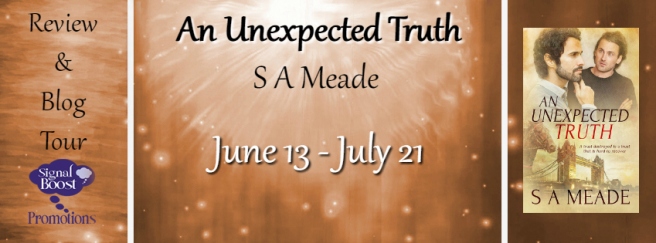
 At Scotland Yard, DI Timothy Stoker is no better than a ghost. A master of arcane documents and niggling details who, unlike his celebrity-chasing colleagues, prefers hard work to headlines. But an invisible man is needed to unmask the city’s newest amateur detective, Hieronymus Bash. A bon vivant long on flash and style but short on personal history, Bash just may be a Cheapside rogue in Savile Row finery.
At Scotland Yard, DI Timothy Stoker is no better than a ghost. A master of arcane documents and niggling details who, unlike his celebrity-chasing colleagues, prefers hard work to headlines. But an invisible man is needed to unmask the city’s newest amateur detective, Hieronymus Bash. A bon vivant long on flash and style but short on personal history, Bash just may be a Cheapside rogue in Savile Row finery.